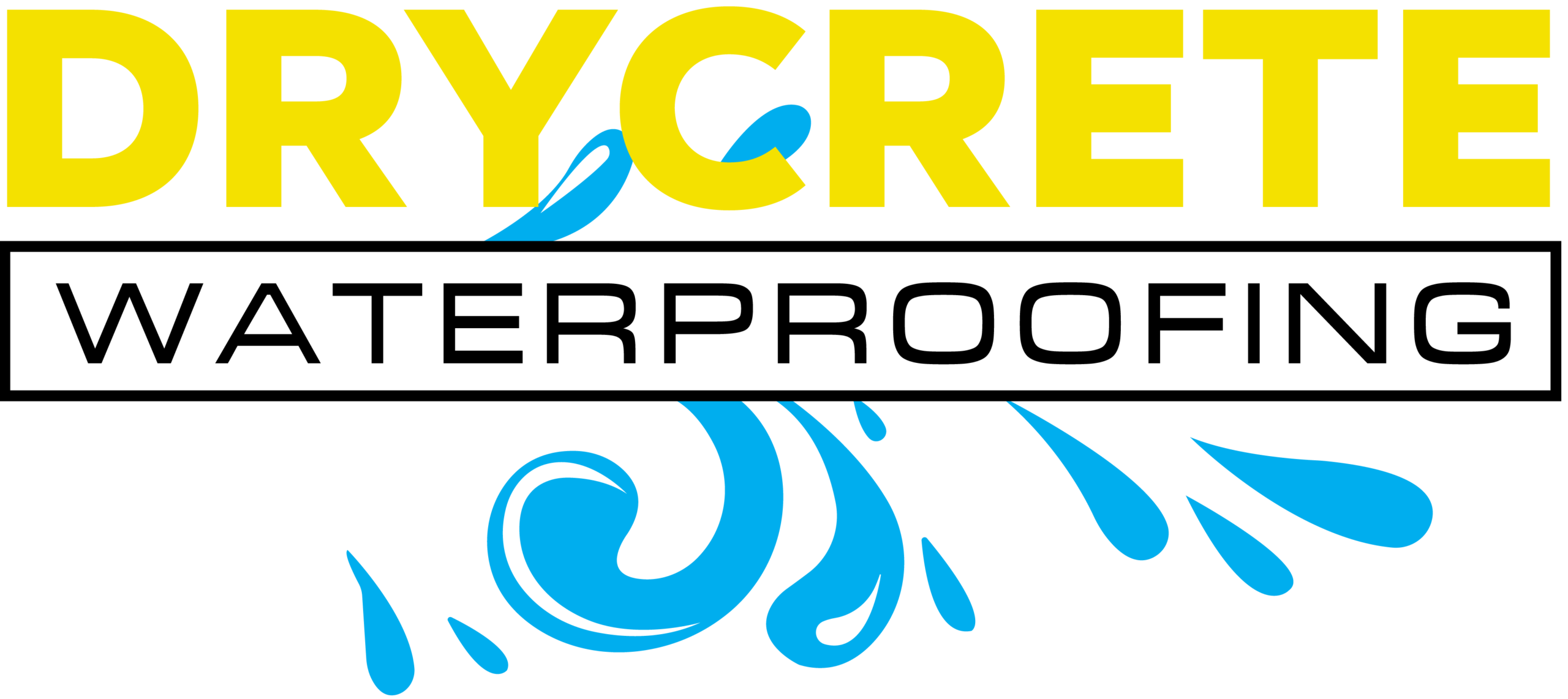Basement wall cracks are a common problem for homeowners. These cracks can be unsightly and lead to serious structural issues if they are left untreated. Understanding the causes of basement wall cracks is crucial to being able to identify and repair them appropriately. In this blog post, we will discuss the most common causes of basement wall cracks, share some signs that a crack might be serious, and provide you with suitable options for basement wall crack repair. We will also take a look at the pros and cons of each method so you can make a fully informed decision about addressing the issue in your own home. Whether you’re a homeowner dealing with a crack in the basement wall or a contractor looking for information on the best way to repair these cracks, this one’s for you.
Common Causes of Basement Wall Cracks
Basement wall cracks can be caused by any number of issues. Just because there are cracks in the wall doesn’t mean you or someone else did something wrong. It could simply be that the sloping of the ground has changed and water is tracking toward the basement.
Some of the most common issues that lead to wall cracks are:
- Soil pressure
- Hydrostatic pressure
- Settlement
- Shrinkage
- Temperature changes
- Poor construction
Signs of Basement Wall Cracks
Not all cracks can be seen easily. It’s possible that there are hidden or concealed cracks in the walls or even the floors of your basement. So how do you know if there is a crack?
Other than being able to physically see a crack, you can look for these signs to determine if you have an issue:
- High humidity levels
- Unusual musty or moldy smells
- Walls that are cracking and bowing
- Baseboards or molding that are starting to separate from the walls
- Uneven floors
- Crooked doorways
- Water on the basement wall or floor
While a crack might seem small and insignificant, you never want to just ignore them. The general rule of thumb is that if a crack is wider than 1/8 of an inch, you need to take action. This small of a crack might just need to be sealed to protect it.
If the crack is wider than ¾ of an inch, it will likely need more work to repair.
Basement Wall Crack Repair Options
When it comes to wall crack repairs, you have a few options to choose from. Take a look at these.
Epoxy Injections
Epoxy injections are placed inside a crack. The material is flexible and responds quickly to seal your crack. This can be used on both dry and active leaks. It won’t shrink or be affected by pH levels. The downside to using epoxy injections is that a lot of people think they can just use a DIY kit from their local hardware store. While you can use that as a temporary solution, you need a professional solution if you want it to last. At Drycrete, we use Dry-Seal 5000 as an alternative to epoxy, and it has similar results.
Carbon Fiber Reinforcement
A carbon fiber reinforcement is a reinforced polymer solution that can be applied to a basement wall crack. These are not as common because they aren’t suitable for all materials. Carbon fiber doesn’t correlate well with any type of glass, including fiberglass, so it’s simply not always a great fix.
Wall Stabilization
If the walls are damaged or the cracks are extensive, it might be necessary to stabilize them. Wall stabilization is used to reinforce the foundational structure and secure the walls so that they don’t break or buckle, leading to far more extensive damages. In most cases, this is needed when the foundation wall cracks are extensive, or perhaps have been left untreated.
Waterproofing
Waterproofing comes in many different forms. The entire reason for waterproofing is to take action to keep water out. This may come from proper guttering, proper drainage, or the use of sealant and other solutions. Drycrete Waterproofing uses a customized approach to find the best repairs for your needs.
Let Us Help With Your Basement Wall Crack Repair
If you’re noticing cracks in your basement walls or floors, Drycrete Waterproofing can help. Once a crack is present, it will only continue to grow. Be sure to take action right away to prevent further damages and structural issues from occurring. Drycrete has been serving the waterproofing industry for more than a decade. We can help you find the right solution. Contact us today!

